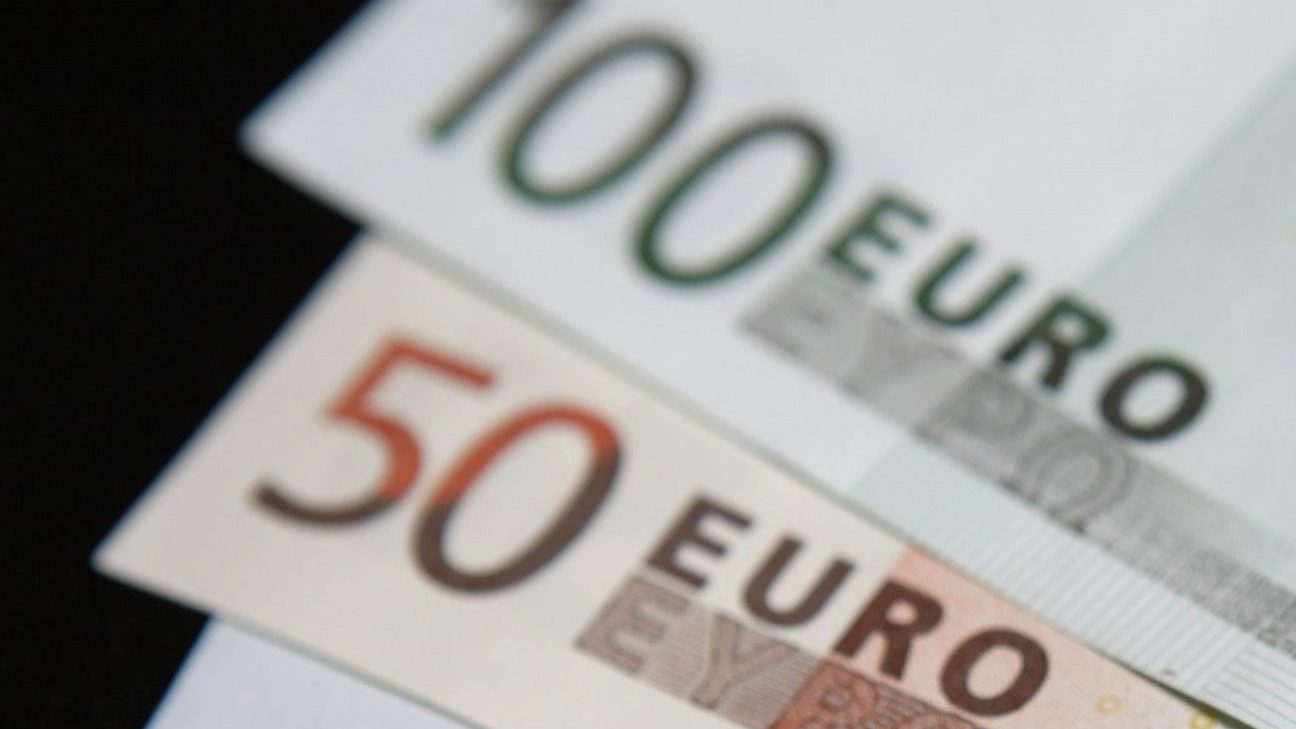Yields up on treasury bill auction
Portugal had announced two Treasury Bills auctions with six and 12-month maturities, with a global indicative amount of between €1.5 and €1.75 billion.
Portugal auctioned on Wednesday €1.5 billion in Treasury Bills (T-bills), the indicative minimum amount, at six and 12 months, at higher interest rates in both maturities and in the longest with a positive rate, it was announced.
According to the page of the Treasury and Public Debt Management Agency (IGCP) on the Bloomberg agency, €875 million in Treasury Bills maturing on May 19 2023 (12 months) were auctioned at an average yield of 0.236%, higher than the -0.467%, recorded on March 16, when €1,25 billion were auctioned.
Demand for 12-month T-bills reached €1.44 billion, 1.65 times the amount placed.
In the shorter term of six months, €625 million were placed today at an average yield of -0.179%, higher than the -0.571% also verified on 16 March, when €500 million were auctioned in Treasury Bills with the same maturity.
Demand was €1.45 billion, 2.32 times the amount placed.
IGCP had announced two Treasury Bills auctions with six and 12-month maturities, with a global indicative amount of between €1.5 and €1.75 billion.
Commenting on the results of today’s auctions, the investment director of Banco Carregosa, Filipe Silva, said that “the rises in risk premiums that have been seen in recent weeks both in sovereign debt and corporate debt are the result of the current constraints and that much pressure has been placed on central banks”.
“The conflict in Ukraine has prolonged and even worsened the issue of inflation, which continues without a major truce,” Filipe Silva stressed, recalling that “China has imposed new constraints, which does not allow the normalisation of supply chains and central banks after announcing the withdrawal of stimuli, have started a cycle of rate hikes.”
Filipe Silva also stated that “with a less active presence of the European Central Bank on the purchasing side, it was expected that rates would rise”, stressing that “the pace at which everything is happening is that it is being faster than expected, and when this happens, the market adjusts strongly until it reaches a new equilibrium point”.
“The era of negative rates seems to be coming to an end, which is not necessarily negative,” he stressed, adding that “Portugal needs to manage more cautiously, the new cost it is starting to have for its debt, so that this does not become a problem again in the term.”


